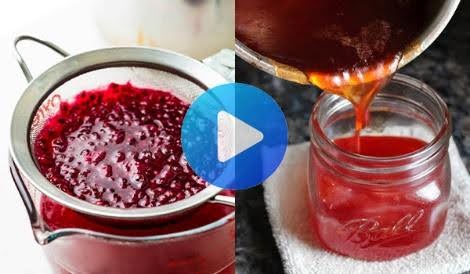Japanese Water Therapy: Overview
Japanese Water Therapy is a wellness practice originating from Japan that involves drinking water immediately after waking up. It is said to help cleanse the body, boost metabolism, and improve overall health. The therapy is rooted in traditional Japanese culture and has gained popularity worldwide for its purported health benefits.

>> Japanese Water 93% more powerful than Ozempic (but with NO side effects)
Benefits of Japanese Water Therapy
Hydration
Drinking water first thing in the morning helps rehydrate the body after a night of fasting, promoting optimal bodily functions.
Improved Digestion
Water consumption upon waking may aid in stimulating the digestive system, promoting bowel movements, and reducing issues like constipation.
Detoxification
The therapy is believed to help flush toxins out of the body by supporting kidney function and improving circulation.
Weight Management
Drinking water before meals can help control appetite, potentially leading to reduced calorie intake.
Enhanced Skin Health
Staying hydrated is essential for skin elasticity and glow. Regular hydration through water therapy may improve complexion.
Boosted Metabolism
Some proponents claim that drinking water in the morning can kickstart the metabolism, aiding in energy utilization throughout the day.
How to Practice Japanese Water Therapy
Drink Water Upon Waking
Consume 4–5 glasses (around 160 ml each) of room-temperature or lukewarm water on an empty stomach.
Wait Before Eating
Avoid eating or drinking anything else for at least 45 minutes after consuming water.
Meal Timing
After each meal, refrain from eating or drinking for 2 hours.
Start Gradually
Beginners can start with fewer glasses of water and gradually increase to the recommended amount.
Risks and Considerations
Overhydration
Consuming excessive water too quickly can lead to water intoxication (hyponatremia), which disrupts electrolyte balance.
Digestive Discomfort
Drinking large amounts of water on an empty stomach may cause bloating or nausea for some individuals.
Medical Conditions
People with kidney disorders, heart issues, or other conditions requiring fluid restriction should consult a doctor before trying water therapy.
Electrolyte Imbalance
Regular overconsumption of water might dilute electrolytes, causing weakness or cramps.
Effectiveness: Scientific Perspective
While hydration is vital for health, many claims of Japanese Water Therapy lack robust scientific backing. The benefits of this practice largely stem from general hydration, which is essential for various bodily processes. However, specific claims such as rapid detoxification or significant weight loss are not scientifically proven.
Conclusion
Japanese Water Therapy emphasizes the importance of hydration and mindfulness in daily routines. While it offers general wellness benefits, its effectiveness depends on individual habits and needs. As with any health regimen, consult a healthcare professional before incorporating it into your lifestyle, especially if you have pre-existing conditions.


